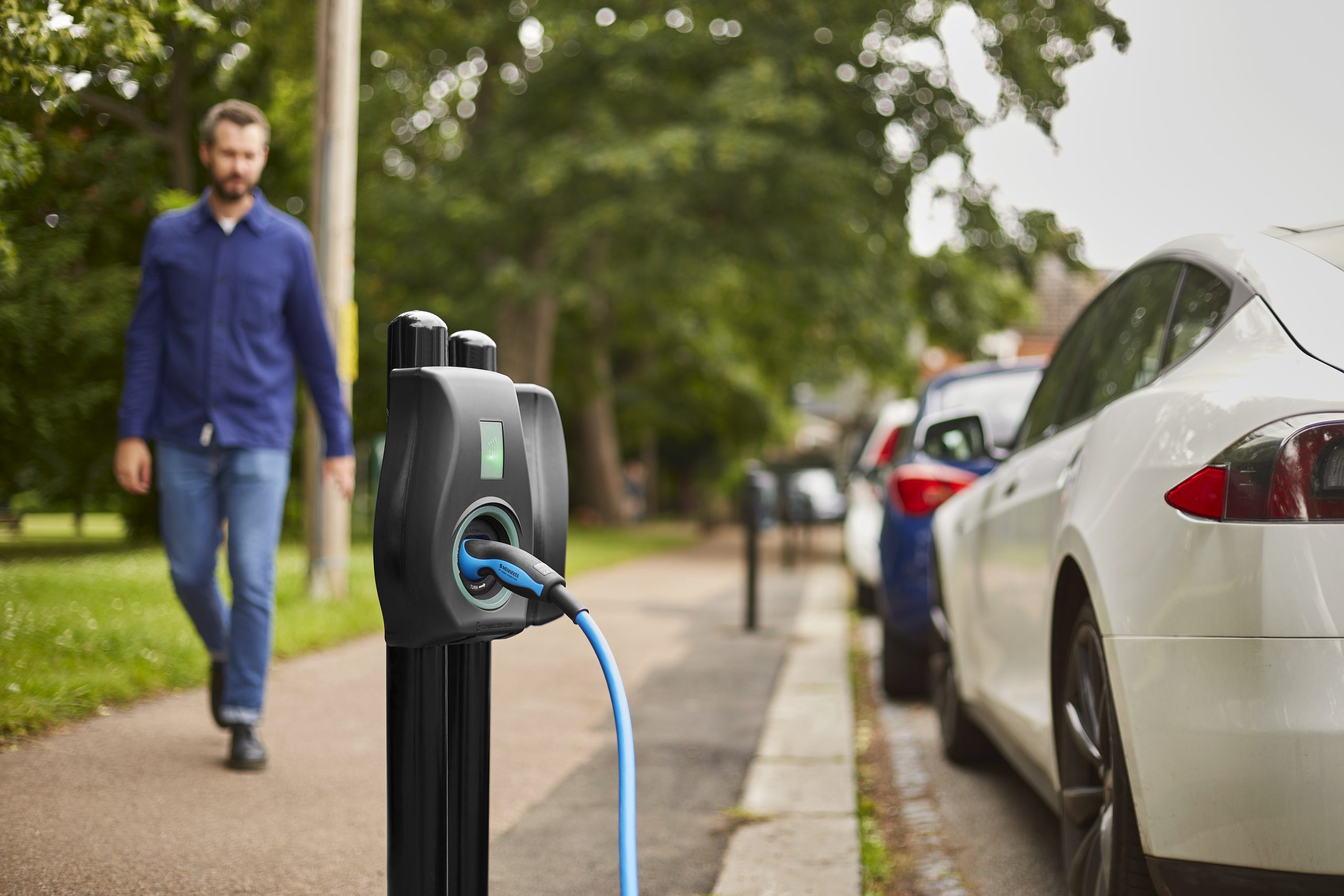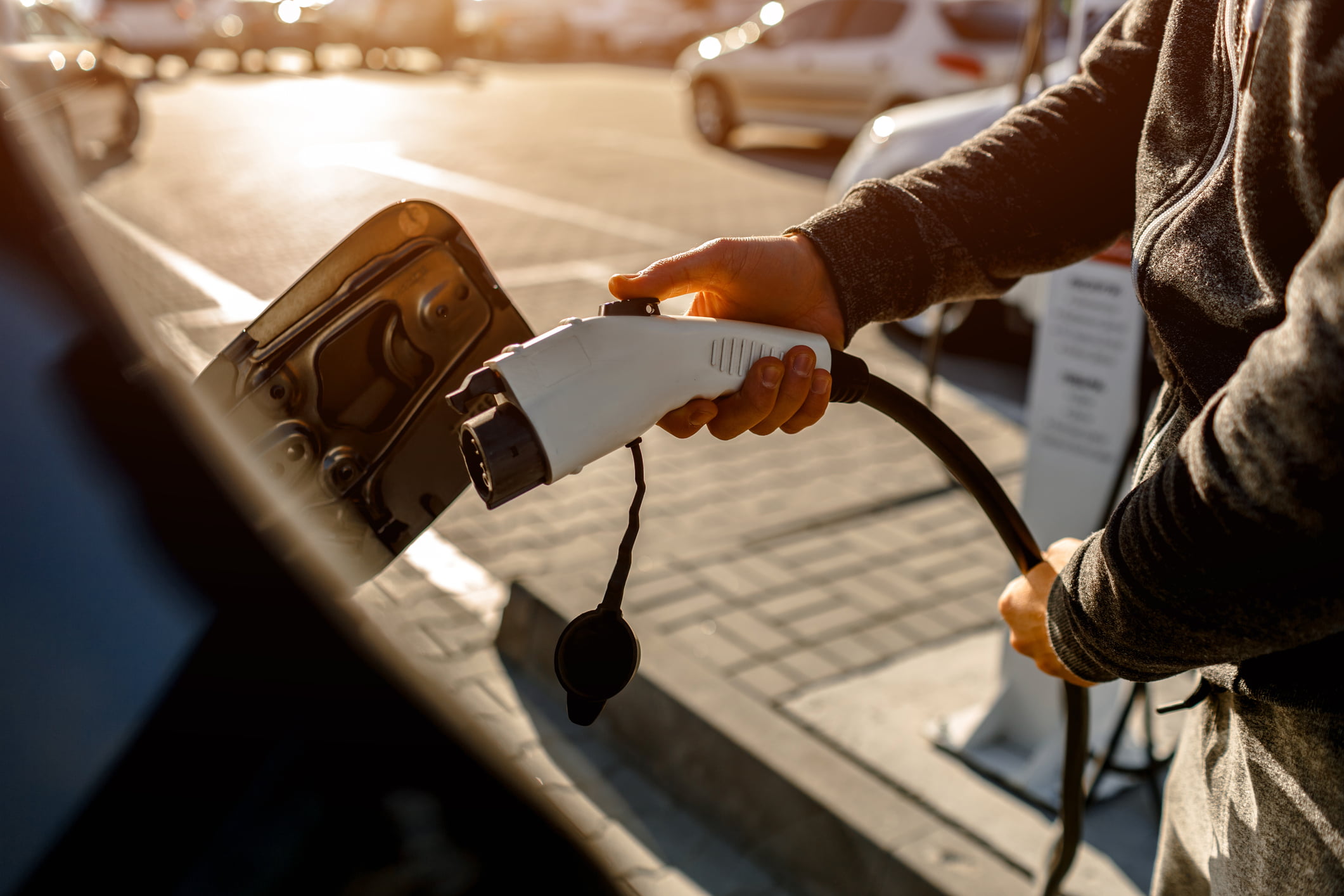Energy Saving Trust is part of the Agile Streets consortium alongside Samsung Research, Connected Kerb, Octopus, SMETS Design Limited, and the Power Networks Distribution Centre.
Our role in the project is to gather feedback from trial participants as part of the monitoring and evaluation plan, and support the marketing and communications activity to recruit drivers into the trial. We have also led some stakeholder engagement work with electric vehicle drivers and local authorities to understand user requirements, which fed into the design of the trial.
Chris Pateman-Jones, chief executive of Connected Kerb, said: “Easy access to affordable charging infrastructure is one of the biggest barriers to the uptake of EVs. The number of smart energy tariffs has exploded in recent years thanks to increasing demand from EV owners, making charging at home one of the most affordable ways to run a car.
“Smart charging provides EV users with the choice to charge their vehicle when energy is cheapest during periods of lower demand such as overnight or when renewable sources are in surplus, that is, when the sun shines and the wind blows. By doing this, we can go some way to ensuring that access to affordable energy is equitable across the entire population, whether they have a driveway or not.”

